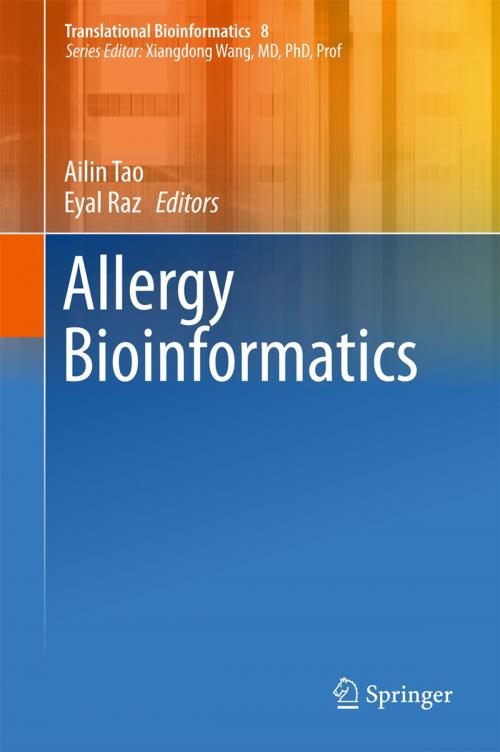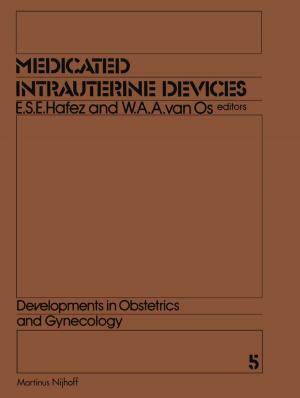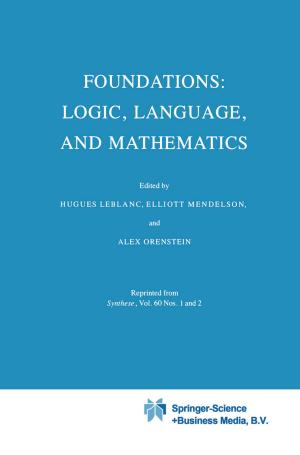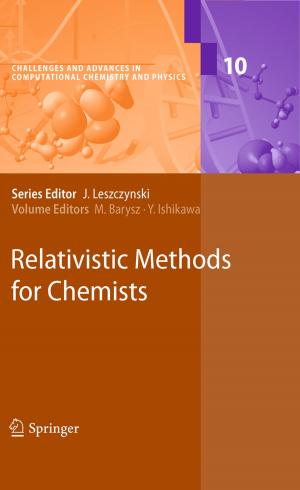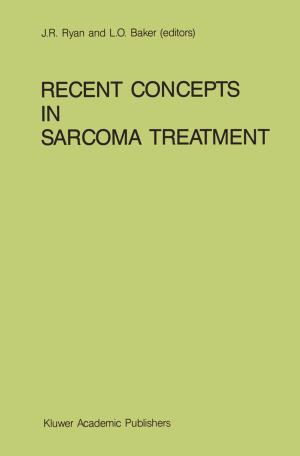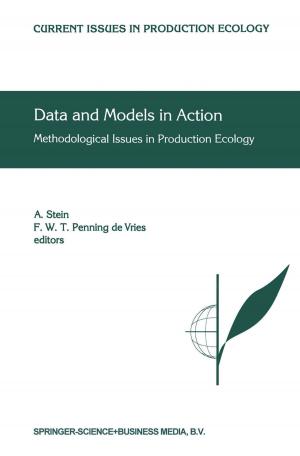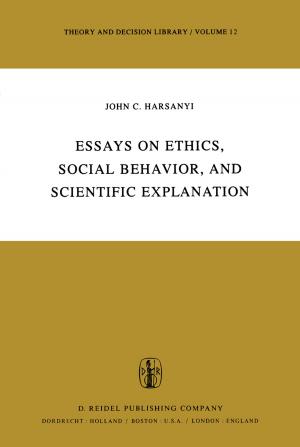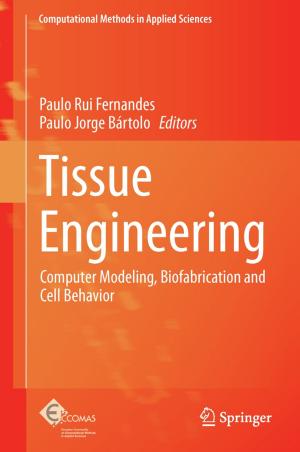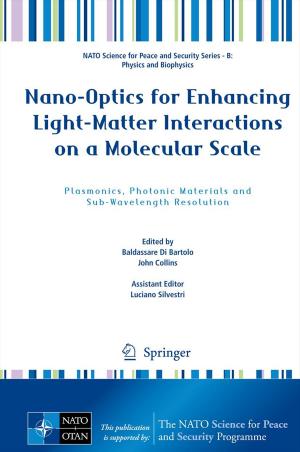Allergy Bioinformatics
Nonfiction, Science & Nature, Science, Other Sciences, Molecular Biology, Biological Sciences, Physiology, Health & Well Being, Medical| Author: | ISBN: | 9789401774444 | |
| Publisher: | Springer Netherlands | Publication: | November 5, 2015 |
| Imprint: | Springer | Language: | English |
| Author: | |
| ISBN: | 9789401774444 |
| Publisher: | Springer Netherlands |
| Publication: | November 5, 2015 |
| Imprint: | Springer |
| Language: | English |
The book introduces the bioinformatics resources and tools available for the study of allergenicity. Allergy symptoms affect more than 25% of the population in industrialized countries. At the same time, biotechnology is a rapidly developing field, which often involves the introduction of potentially allergenic novel proteins into drugs or foods. It is essential to avoid transferring a gene that encodes a major allergenic protein (from any source) into a drug/food crop that did not previously contain that protein. Accurately distinguishing candidate genes from allergens before transferring them into a drug or food would aid preventive efforts to curb the rising incidence of allergies. Several public databases have been created in response to increasing allergen data. The resources provided by these databases have paved the way for the creation of specialized bioinformatics tools that allow allergenicity to be predicted. The book is a useful resource for biologists and biomedical informatics scientists, as well as clinicians. Dr. Ailin Tao is the chief of Guangdong Province Key Laboratory of Allergy & Clinical Immunology, Principal Investigator of the State Key Laboratory of Respiratory Disease, the Second Affiliated Hospital of Guangzhou Medical University; Dr. Prof. Eyal Raz is a Professor of Medicine at University of California, San Diego, La Jolla, California, USA. They collaborate very well on allergy research and this book editi
ng.
The book introduces the bioinformatics resources and tools available for the study of allergenicity. Allergy symptoms affect more than 25% of the population in industrialized countries. At the same time, biotechnology is a rapidly developing field, which often involves the introduction of potentially allergenic novel proteins into drugs or foods. It is essential to avoid transferring a gene that encodes a major allergenic protein (from any source) into a drug/food crop that did not previously contain that protein. Accurately distinguishing candidate genes from allergens before transferring them into a drug or food would aid preventive efforts to curb the rising incidence of allergies. Several public databases have been created in response to increasing allergen data. The resources provided by these databases have paved the way for the creation of specialized bioinformatics tools that allow allergenicity to be predicted. The book is a useful resource for biologists and biomedical informatics scientists, as well as clinicians. Dr. Ailin Tao is the chief of Guangdong Province Key Laboratory of Allergy & Clinical Immunology, Principal Investigator of the State Key Laboratory of Respiratory Disease, the Second Affiliated Hospital of Guangzhou Medical University; Dr. Prof. Eyal Raz is a Professor of Medicine at University of California, San Diego, La Jolla, California, USA. They collaborate very well on allergy research and this book editi
ng.
